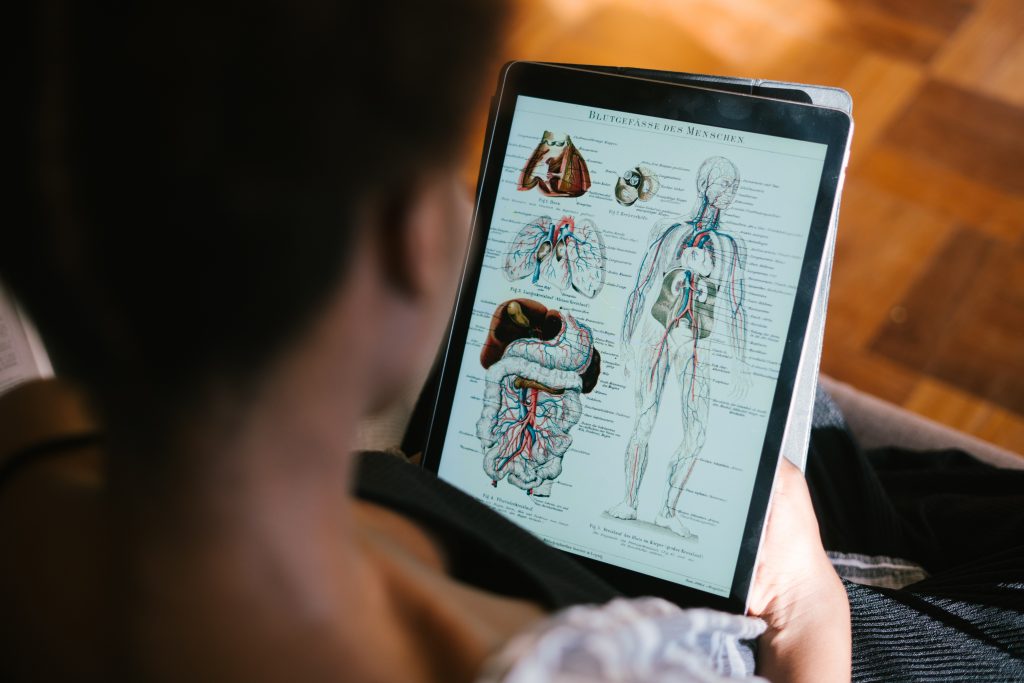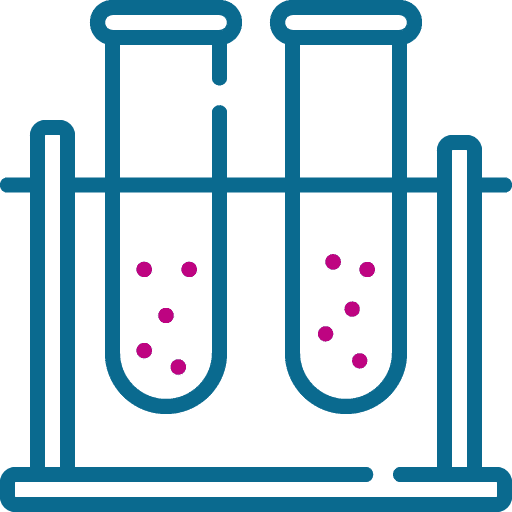Dyslipidaemia, hyperlipidaemia, ‘bad’ cholesterol, ‘high’ cholesterol and heart attacks – what do they have in common?
You often hear saying – “I have high cholesterol”, “they found a lot of cholesterol in me”. But when it comes to cholesterol, it’s the numbers that count – not just the high or low…
saying – “I have high cholesterol”, “they found a lot of cholesterol in me”. But when it comes to cholesterol, it’s the numbers that count – not just the high or low…
Dyslipidaemia. Types of cholesterol:
There are several types of cholesterol. The most common is :
- Total cholesterol – all cholesterols combined
- High-density lipoprotein (HDL) cholesterol is often called “good” cholesterol because it binds bad cholesterol and keeps it out. That’s why it’s important to have enough of this type of cholesterol
- Low-density lipoprotein (LDL) cholesterol is often referred to as “bad” cholesterol. When there is too much of it, it “sticks” to the walls of blood vessels with nowhere to go.
- Triglycerides (TAG or TG) are fats that we get mainly from food and use for energy. However, when they are too abundant, they can cause inflammation of the pancreas and also damage blood vessels
Dyslipidaemia. Or maybe you don’t need cholesterol at all?
Unfortunately, there is no way to live without cholesterol. Cholesterol is naturally produced in your liver and used by every cell in your body.
Cholesterol is a key component of cell membranes (the outer cell barrier) and the raw material for many hormones and vitamins. Cholesterol is therefore essential for life and health.
Triglycerides are a source of energy.
Is elevated cholesterol bad?
Yes, if left untreated, the fatty deposits build up in the body’s blood vessels (atherosclerosis). Hyperlipidaemia is directly linked to high blood pressure, heart attack and stroke.
Risk factors that may contribute to hyperlipidaemia include:
- Genetics: hereditary factors are the most common cause of hyperlipidaemia.
- Age: the risk of hyperlipidaemia increases with age.
- Other disorders such as diabetes, kidney disease and hypothyroidism, obesity, polycystic ovary syndrome, and pregnancy can lead to hyperlipidaemia.
Habits – excessive alcohol consumption, smoking, diet high in animal fats
Causes of high cholesterol :
Hyperlipidaemia is commonly associated with fatty foods, sedentary lifestyle, obesity and diabetes.
But there are also genetic causes. Familial hypercholesterolaemia, a form of hyperlipidaemia, is the most common inherited genetic disorder in humans worldwide.
What to do when my cholesterol is too high?
- Exercise, move around, walk a lot
- Follow a low-fat diet.
- Maintain a normal weight and body mass index of less than 25.
Is it curable?
Hyperlipidaemia is treatable, but it is a disorder that needs lifelong treatment/correction. Treatments are non-medicated and medicated.
Non-medicinal measures : stop smoking, follow dietary recommendations, exercise or just start walking more. When non-medicinal measures do not work, medicines are prescribed. They must be prescribed by your doctor.
How to detect cholesterol abnormalities?
Cholesterol is measured from blood. The test is called a lipidogram, which consists of:
- total cholesterol
- low-density lipoprotein (LDL) cholesterol
- high-density lipoprotein (HDL) cholesterol
- triglycerides



